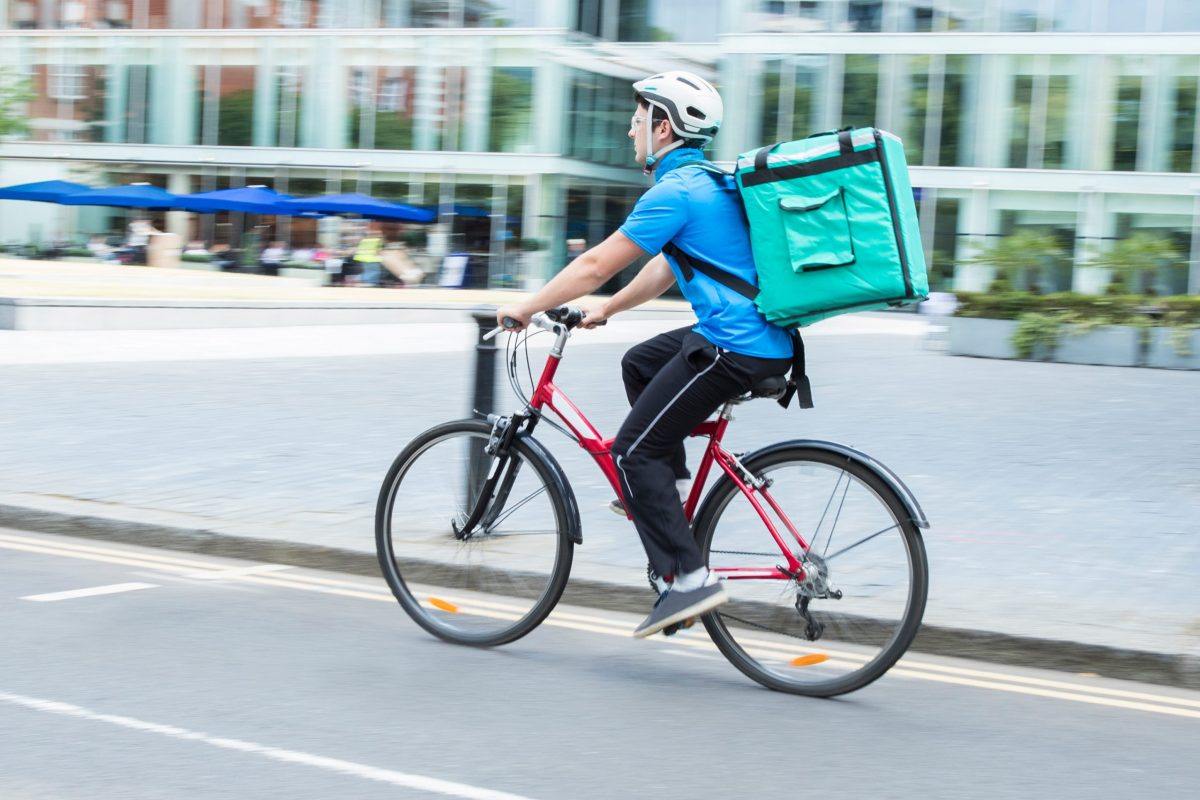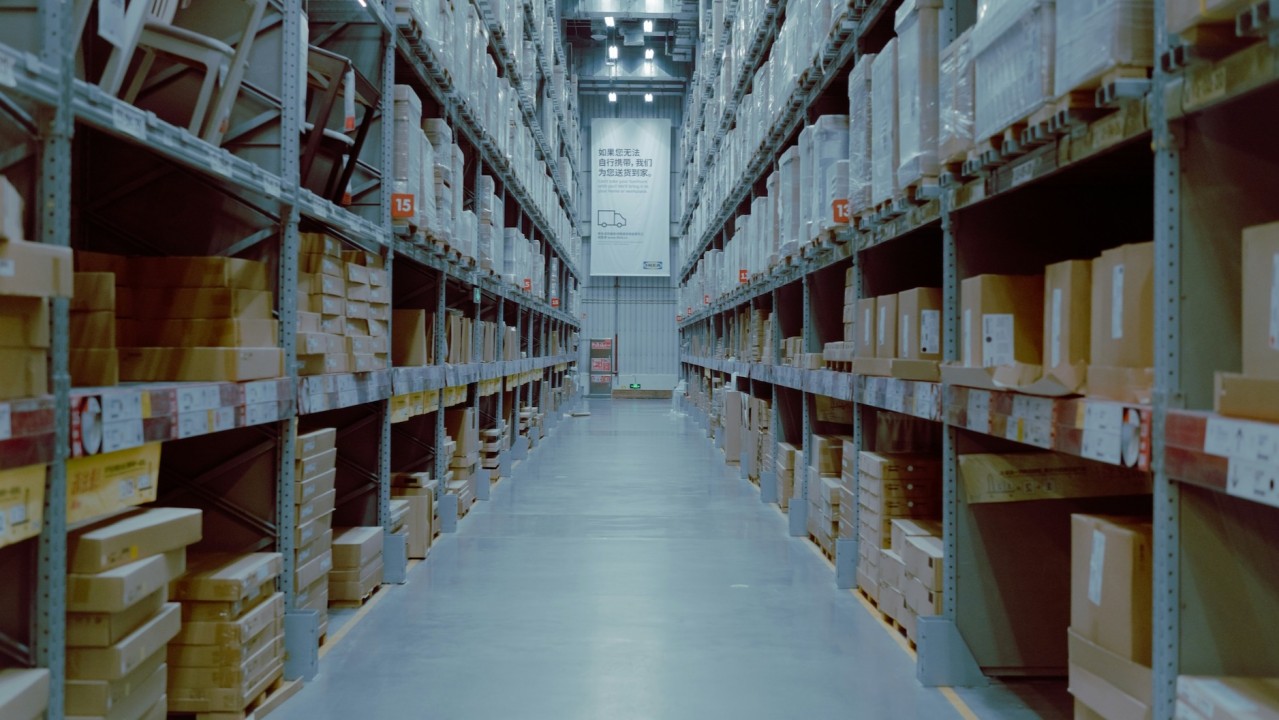Target buying Deliv was all the hype in business news last week. I mean I get it. Target aims for the big boys like Walmart and Amazon, by purchasing new technology to increase the speed and efficiency of deliveries. What wasn’t in the spotlight was that Target will not be acquiring any of the existing relationships that Deliv had with its customers. Basically, if Deliv was your DaaS provider, you got caught with your pants down. Reminiscent of Uber Rush in 2018.
Back in 2017 Deliv CEO, Daphne Carmeli stated, “It’s never been more important for retailers to adopt the latest in logistics management. Using an on-demand, third-party logistics partner allows them to offer an Amazon-equivalent customer experience without having to build it themselves.”
Three years later, and the message is still so relevant. It is critical that retailers set themselves up with a logistic network that can enable same day, next day, click n collect, and all the new consumer fulfillment models in demand. That being said, the acquisition of Deliv does just the opposite: it helps another behemoth alike itself to Amazon while challenging all other retailers on their existence.
So now many retailers are faced with one less crowdsource fleet on the market or financially challenged fleets that will either close or merge (ding, ding Uber Eats, and GrubHub in talks) in the coming year. This is one of the reasons I tell our customers we have built out the largest Hub network of third party providers. Diversification is critical to managing risk, and with a large pool of 3rd party providers to choose from, the risk is minimized.
It’s obvious that Target buying Deliv is helping them set their future operations for a successful unified commerce strategy. And with a unified commerce strategy that delivers a superior customer experience regardless of physical and digital stores and an array of fulfillment models like on demand delivery, Target further distances itself from other retailers, delivering on the promise that Carmeli originally offered to the whole market.
Retailers must understand that retail fulfillment is going through a major transformation, turning on-demand delivery and curbside pickup to the new norm. To succeed, they need to future proof their business with these latest fulfillment models. For on-demand delivery, this will require access to a network of drivers and partners, while curbside pickup, click ‘n’ collect, BOPIS and other retail fulfillment models will require intelligent software and automation. Challenging today, with a network of providers that is constantly changing or technology solutions that have been built in silos.
Retailers that want to survive need to future-proof their unified commerce strategy with an open logistics network that easily integrates with existing technologies, continually adds to its network of delivery providers, and offers both delivery and fulfillment models within one unified platform. It exists. It’s Bringg and thanks to our customers, partners, and team of experts, it’s only getting better.



